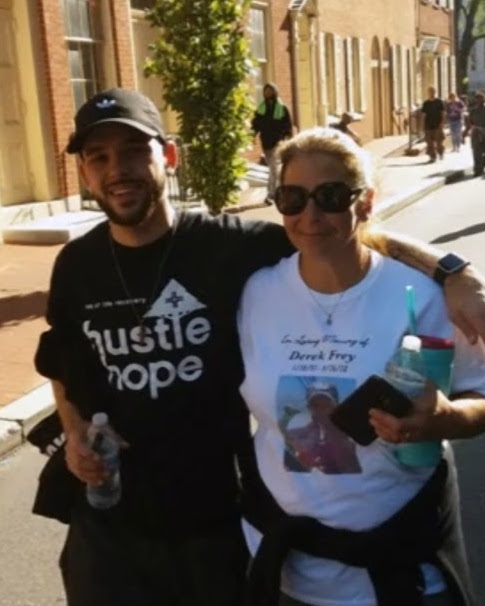
Tony Newman at (646)335-5384
New York Alcohol and Substance Abuse Service officials announced today a new rule that will require treatment centers to help their patients to quit smoking. The plan, which is slated to take effect next year, will require treatment centers to help patients quit smoking by offering nicotine replacement therapy, including nicotine gum and patches, to all smokers. For those lacking health insurance, the nicotine replacement therapy will be free of charge.
The treatment centers also will be required to be smoke-free. Smokers will be prohibited from smoking at the centers. Officials estimate the new law will impact 110,000 patients on any given day. Approximately 92 percent of those in alcohol and other drug treatment programs are cigarette smokers, according to official estimates.
Treatment advocates have mixed feelings about the new rule. They are applauding the effort to help people quit smoking, but warn that the smoking ban may deter some smokers who are hoping to quit other addictions.
“Smoking leads to more premature deaths than all illicit drugs combined and it is a positive development to offer nicotine replacement therapy to all who want it,” said Ethan Nadelmann, executive director of the Drug Policy Alliance. “But prohibiting smoking at the treatment centers may discourage people who want and need treatment to other drugs, but are not willing or able to stop smoking.”
Many people struggling with addiction may have problems with multiple drugs, both legal and illegal. Advocates caution against barriers that will discourage people from seeking out help.
“Not everyone can or wants to abstain from all drugs all at once,” said Tony Newman, media director at the Drug Policy Alliance. “Do we really want to set up barriers for someone who wants to quit heroin, but may not be ready to quit cigarettes? We need open doors that encourage people to get help for their problems, whether it be for illegal or legal drugs, and not rules that drive people away from life-saving programs.”


Notifications